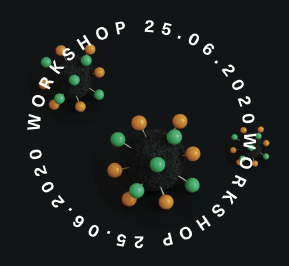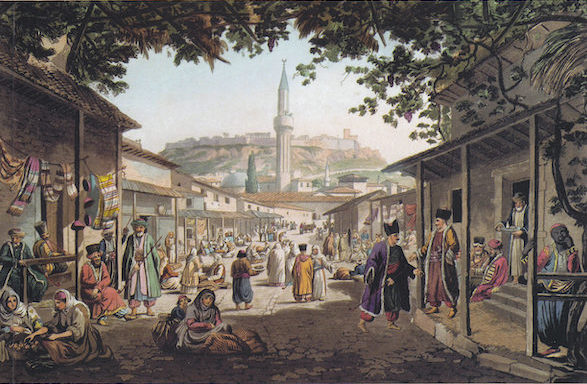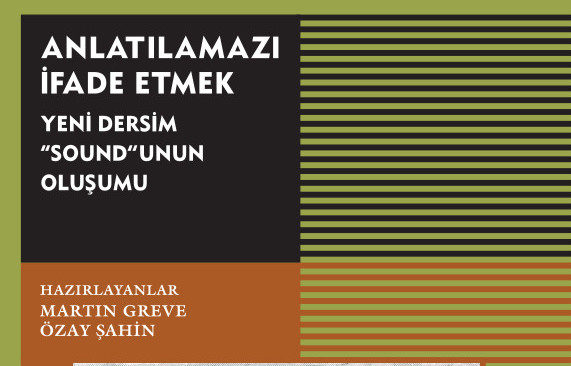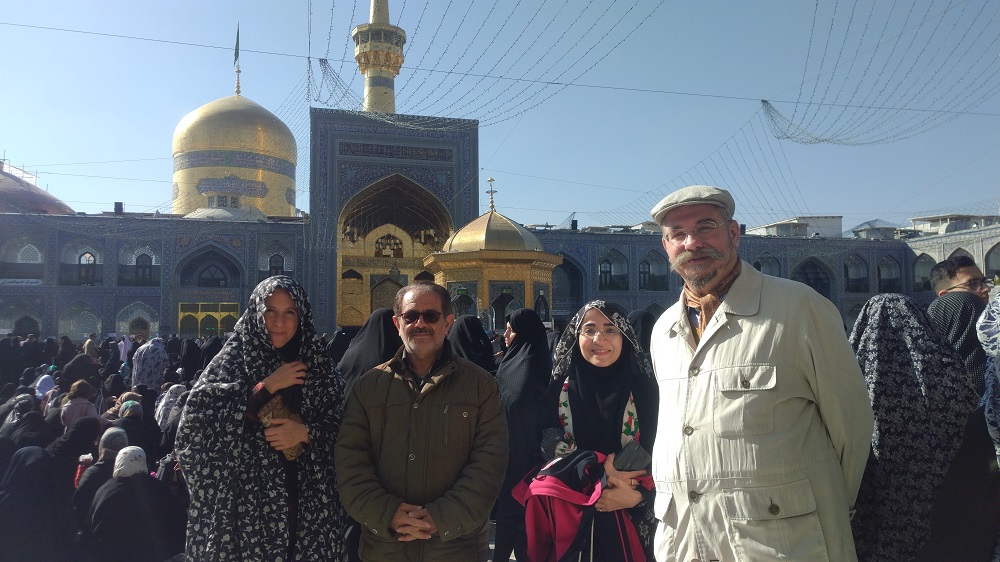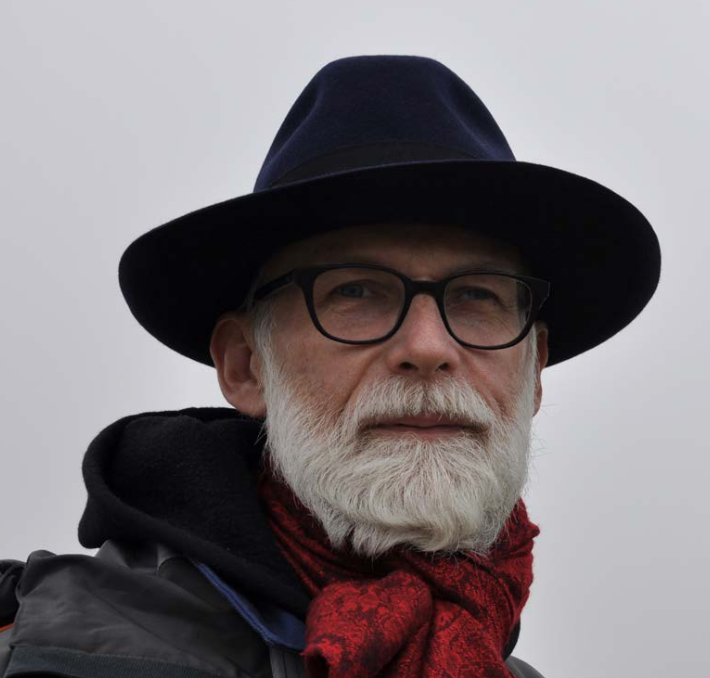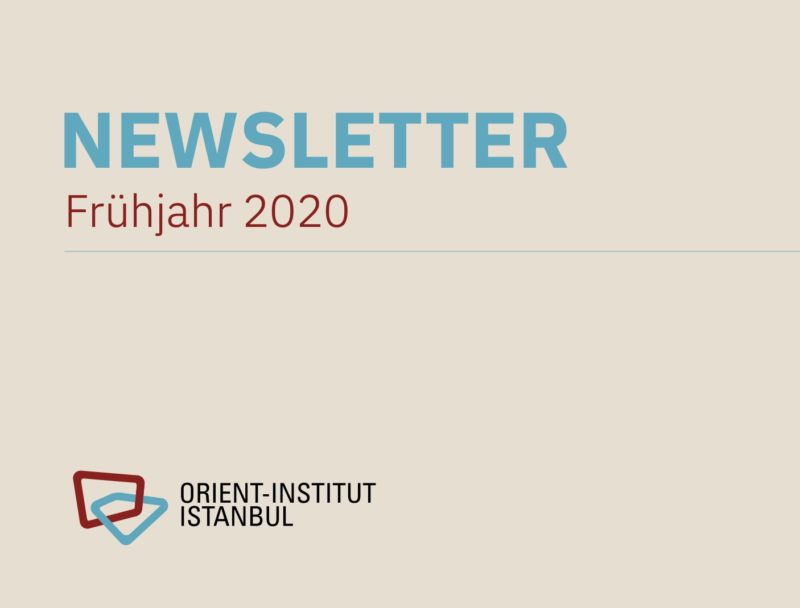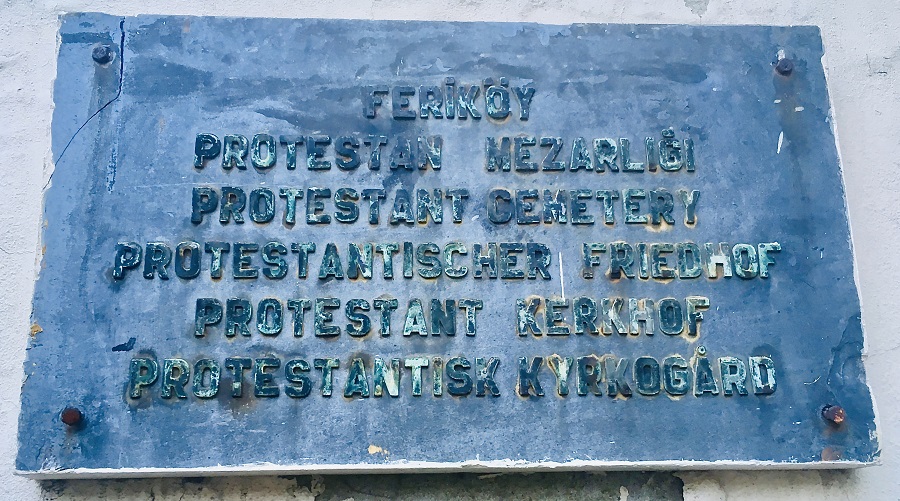Iterations of the COVID-19 Pandemic: Themes and Problem Spaces in Turkey, Iran and Germany
31 JULY 2020 | Authors: Katja Rieck, Melike Şahinol, Burak Taşdizen
The spread of SARS-CoV-2 took place along the arteries and capillaries of globalisation. Hardest hit were thus major nodal points of such global flows, centres of commerce, travel and tourism like New York, Paris, London, but also Istanbul.

